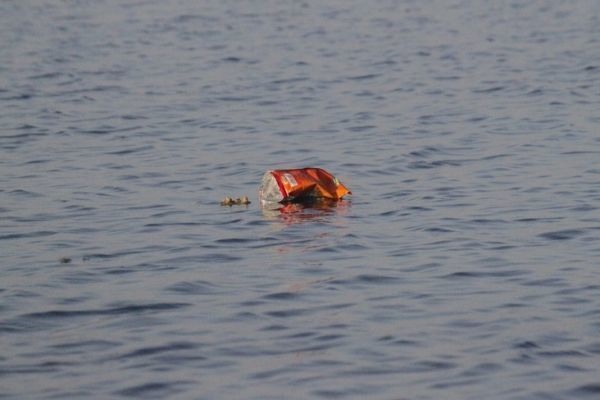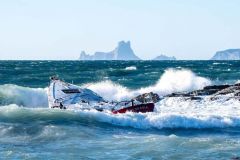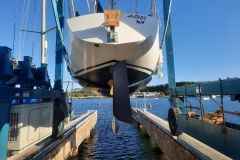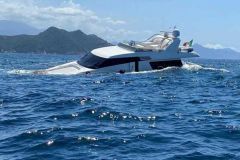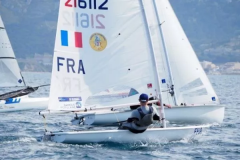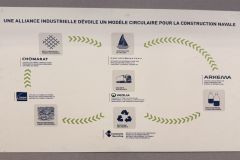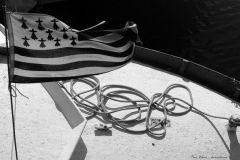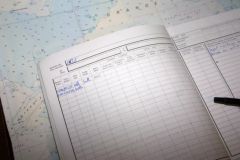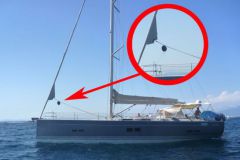What is the Marpol Convention?
The Marpol Convention, officially known as the "International Convention for the Prevention of Pollution from Ships", is an international agreement set up by the United Nations to combat marine pollution. Designed to regulate waste disposal practices at sea, Annex V of this convention applies to both commercial vessels, for which it was originally intended, and pleasure craft.
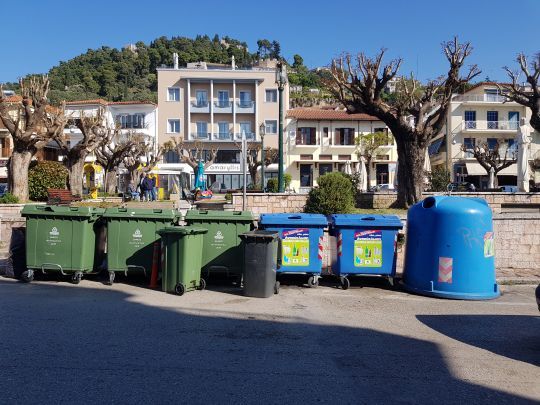
What kind of waste can be dumped at sea?
Boaters must be aware of and comply with the strict rules of the Marpol Convention concerning the discharge of waste. According to this convention, the types of waste that can be discharged at sea depend on their nature and the maritime zone in which you are sailing.
- Food waste food waste can be discharged at sea under certain conditions. Within 3 nautical miles of the coast, dumping is prohibited. Between 3 and 12 nautical miles, food waste may be discharged provided it is crushed or pulverized, for example through a sieve with openings smaller than 25 millimeters. Beyond 12 nautical miles, uncrushed food waste may be discharged.
- Plastic waste : The dumping of any type of plastic is strictly forbidden at sea, regardless of the zone.
- Waste water discharge of wastewater is permitted beyond 3 nautical miles from the coast, subject to prior treatment or adequate dilution, and without restriction beyond 12 miles.
- Other waste all other waste, including synthetic ropes, fishing tackle, incinerator ash, cooking oil, packaging, paper, rags, glass, metals and crockery, is strictly forbidden.

Which sea areas are concerned?
The seas and oceans covered by these regulations include all international maritime zones. However, certain areas are designated as special zones by the Marpol Convention, where the rules are even stricter, to protect particularly sensitive ecosystems. These special zones include :
- The Mediterranean Sea
- The Baltic Sea
- The Black Sea
- The Red Sea
- The Persian Gulf
- The North Sea area
- Antarctica
- The Caribbean region
In the Mediterranean, for example, uncrushed food waste is prohibited, regardless of distance from the coast. Finally, the disposal of introduced poultry products (birds and poultry) is prohibited in the Antarctic zone, unless they have been treated to sterilize them.

 /
/ 